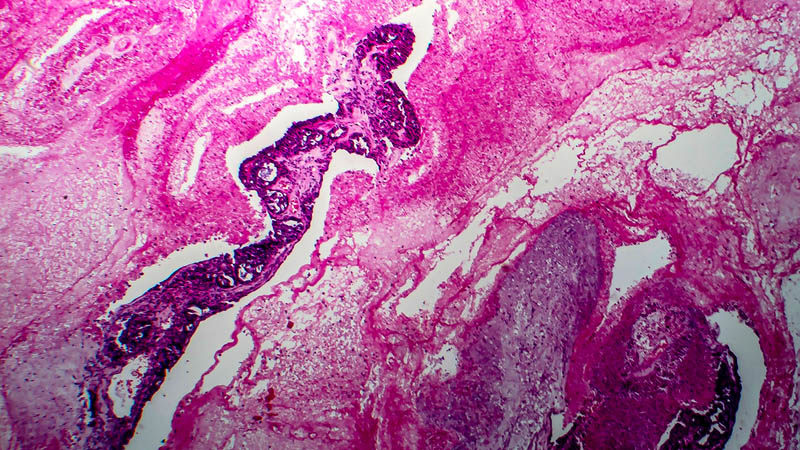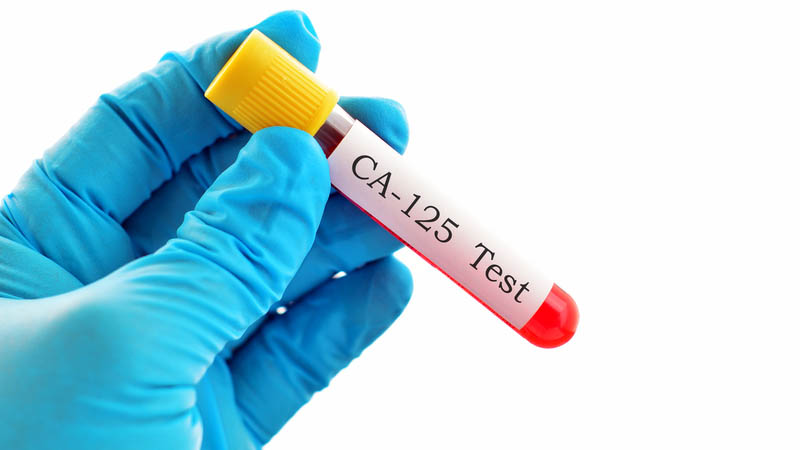Immune edition theory – immunosuppressive network in tumor microenvironment. New targets for immunotherapy
Jacek J. Sznurkowski, Janusz Emerich
 Affiliacja i adres do korespondencji
Affiliacja i adres do korespondencjiImmunotherapy nowadays becomes an increasingly important topic in oncology. Immunotherapeutic strategies implemented to date focused mainly on stimulation or supplementation of function of effector cells. Past decade witnessed a tremendous progress in our understanding of mechanisms whereby tumors acquire an ability to escape host’s immune surveillance. There appeared the notion of cancer-dependent “immunosuppressive network”. An indicator of immunosuppression in tumor microenvironment is the presence of regulator T lymphocytes (Tregs) of the CD4+T subgroup. Expression of FOXP3 is directly associated with suppressive function of these cells. Other studies revealed that indoleamine 2.3-dioxygenase (IDO) induces peripheral immune tolerance to tumor antigens. In physiological conditions, IDO is indispensable in creation of a microenvironment preventing destruction of selected tissues by “hyperactive” immune system. It is currently believed that IDO-dependent increase of immune suppression enables survival and proliferation of cancer cells. Analysis of expression of FOXP3 antigens and IDO will provide an insight to the extent of “immunosuppressive network” in direct neighborhood of vulvar cancer cells and in adjacent lymphatic system. Further research focused on tumor-dependent “immunosuppressive network” is of paramount importance, as it may provide entirely new targets for therapeutic intervention, this time using low-molecular-weight compounds instead of biological factors used hitherto in immune therapies. This paper explains basic concepts of immunoedition theory and describes the role of IDO and regulatory T lymphocytes (Tregs) in the escape of cancer cells from immune surveillance.









